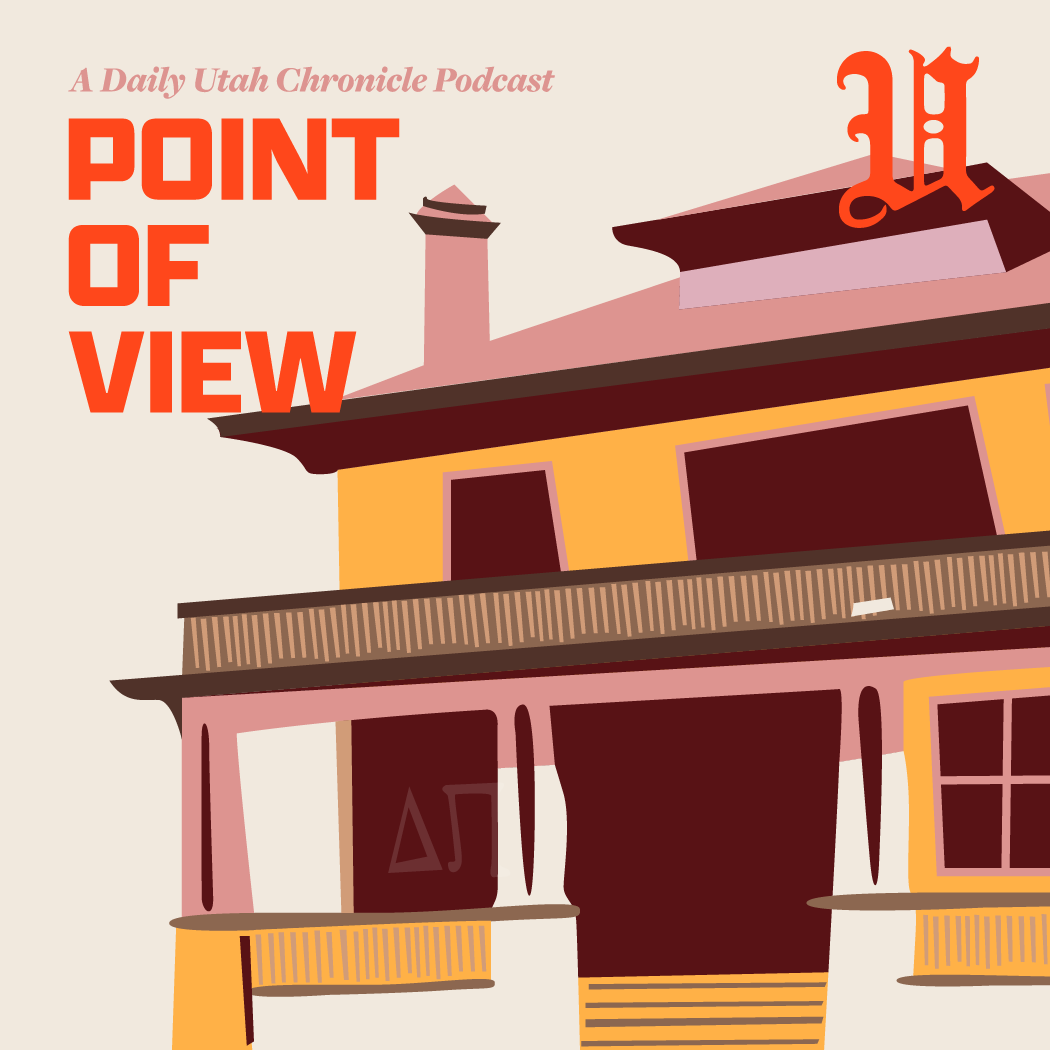Bankruptcy, not necessarily a bailout, could be the best remedy for the Big Three automakers, according to three U researchers.
Finance professors Elizabeth Tashjian and Michael Lemmon, with help from doctoral student Yung-yu Ma, published a study that suggests the highly criticized U.S. bankruptcy system is an effective way for corporations to reconsider their business plans and return to the marketplace stronger than before.
“Bankruptcy is not a death sentence,” Lemmon said. “The good companies will re-emerge with better balance sheets.”
The study shows that of the corporations with sound business models but too much debt that file for bankruptcy, 80 percent bounce back at almost full capacity. However, of the corporations with flawed or outdated business plans that go bankrupt and do not fix their business plans, only 37 percent return to the marketplace. In addition, half of those corporations will eventually file for bankruptcy again.
Tashjian said that in other words, bankruptcy acts as an effective slap on the wrist that forces a corporation to rethink its foundations or face the consequences of an ineffective business model. Lemmon said he hopes their research, which was published online Jan. 9, can influence how policymakers deal with the problems of the country’s recession.
America’s Big Three automakers8212;Ford, GM and Chrysler8212;are the next corporations that could go bankrupt in the near future. The researchers couldn’t include potential corporate fallouts in their study because it tracked corporations that filed for bankruptcy between 1991 and 2004. However, the researchers concluded that the tentative $17.4 billion bailout for Chrysler and GM will not save them from future bankruptcy unless they seriously rethink their business model. Ford is no longer included in the bailout, but would require federal loans if the other two corporations go under.
“(Bankruptcy) forces corporations to solve problems,” Tashjian said. If the corporation’s problems extend beyond debt, their chances of survival diminish.
Scott Schaefer, a finance professor, said the bailout won’t do anything to fix the automakers’ real problem8212;their flawed business plan. Before they return to financial security, they have to come to terms with the idea that they’re going to produce fewer cars and different, more energy-efficient cars, he said.
If the study is sound, bankruptcy would force the automakers to evolve and improve their business models for the future.
Washington seems to share that sentiment, urging the auto industry to change its practices, but lawmakers are still preparing to bail out the industry. Although the plan still requires President-elect Barack Obama’s approval before becoming a reality, the $17.4 billion comes with a stipulation: Chrysler and GM must reorganize their business models before March 31 or will have to pay back their loans.
However, the study does not take time into consideration. The automakers would have nine weeks to reconfigure a business model that’s built up problems for more than 30 years. Whether or not a corporation can make a healthy turnaround in that time is beyond the scope of their study, Lemmon said.









